Enzymes in Skin Care: Everything You Need to Know
Onskin Content Team
Your guides through the skincare chaos
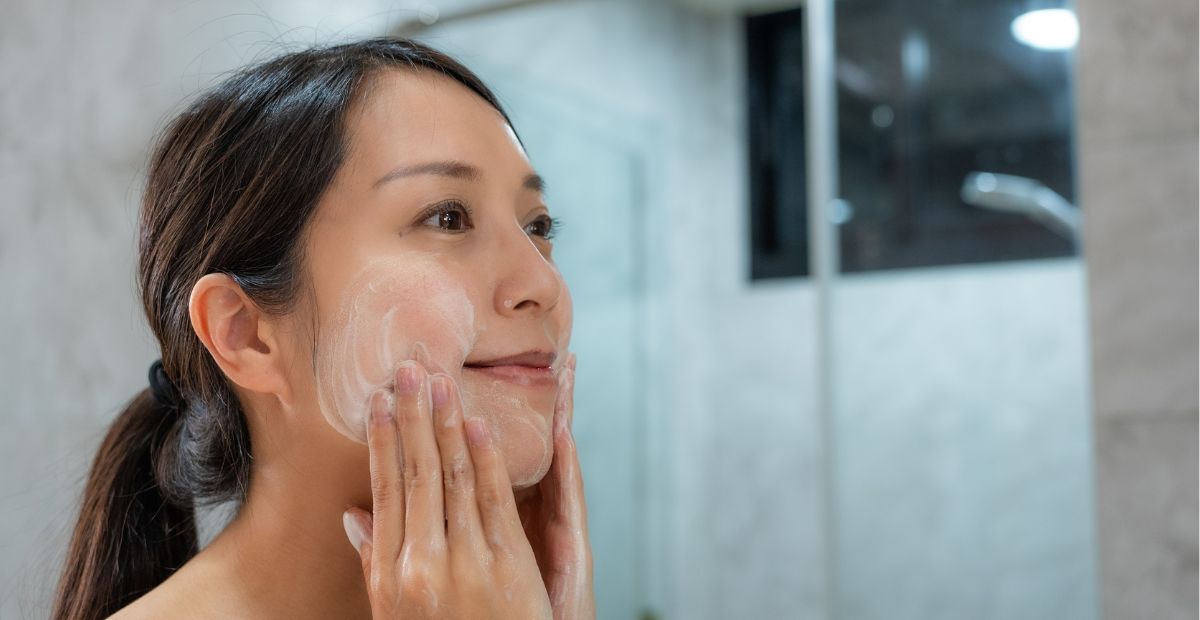
Introducing the gentle heroes of the skincare world: enzymes. These powerful little guys work softly to get rid of dead skin cells from your face, leaving you with a smoother, brighter glow. Sourced from fruits like papaya and pineapple, enzymes are nature’s answer to gentle exfoliation.
So say goodbye to harsh scrubs and abrasive chemicals, and uncover the power of enzymes in skin care.
What Do Enzymes Do for Skin?
Let’s get geeky for a sec.
Our skin naturally sheds dead cells and regenerates new ones, primarily made of a protein called keratin. When dead cells accumulate on the upper layer, known as the epidermis, they can create a dull complexion. This is where enzymes come in. They work by breaking down keratin and gently removing dead skin cells. The result? A radiant, smooth, and refreshed glow.
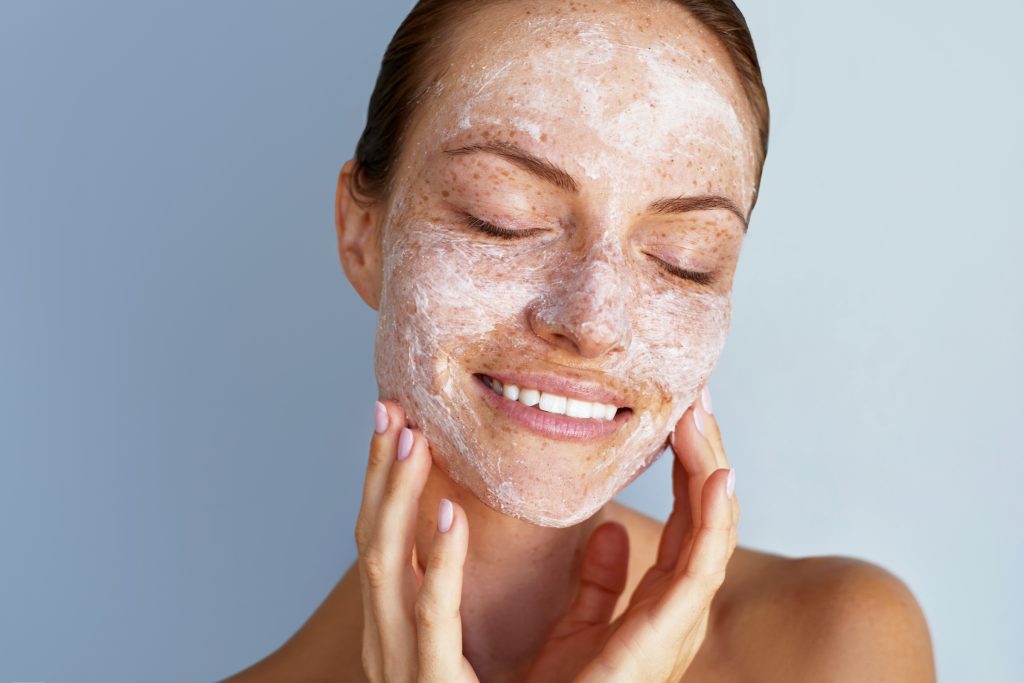
Simply put, enzymes are proteins that help speed up chemical reactions. Much like how digestive enzymes break down food, skin enzymes work on the surface of your skin.
Essentially, they act like Pac-Man, eating up the dead skin cells, without messing with the good stuff beneath. Sounds gentle, right? That’s because they are! By getting rid of that old, dry layer, they also help unclog pores and reduce blackheads.
Enzymes are also the reason your other products (like that fancy serum you splurged on) will work better. By removing that barrier of dead cells, enzymes clear the way for active ingredients to sink in deeper and work more effectively.
The best part? Enzymes for skin are usually naturally derived from fruits like papaya, pineapple, and pumpkin. Think of it as nature’s way of giving your face a refresh.
How Do Enzymes Differ From Acids?
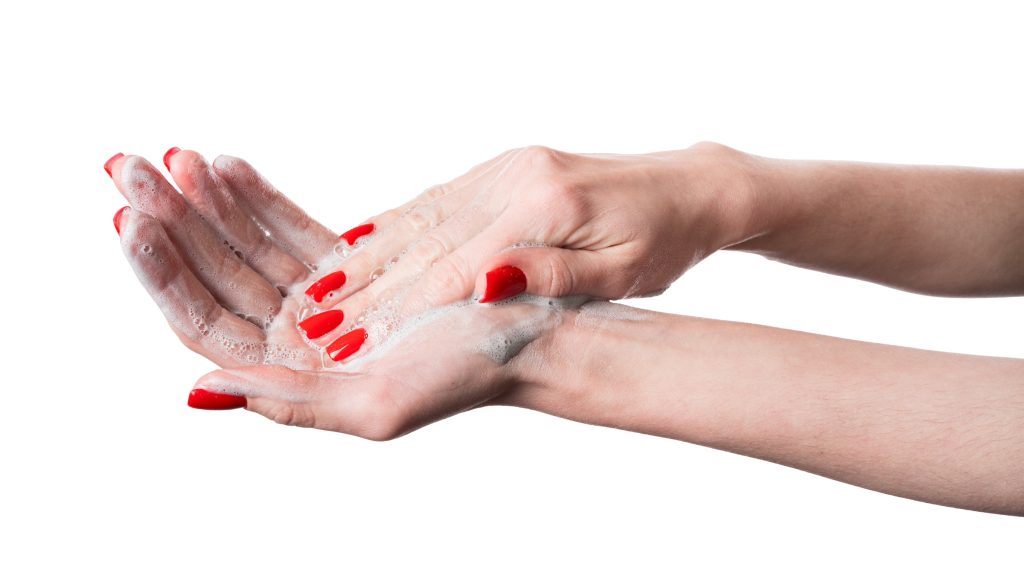
Here’s the kicker: enzymes on skin aren’t as strong as, say, acids. AHAs, including glycolic acid, lactic acid, and citric acid, and BHAs like salicylic acid, beta-hydroxybutanoic acid, or tropic acid, can dive deeper into the skin and give you a more intense exfoliation.
Facial enzymes, in turn, work solely on the surface, making them a much gentler option.
However, if you have sensitive skin or you’re new to exfoliation, skin enzymes are a fab starting point. They exfoliate with minimal chance of peeling or redness. So, if your skin has been a little fussy lately, maybe it’s time to try enzymes.
That said, acids are great if you’re tackling deeper concerns like acne or significant hyperpigmentation. For example, another superhero—azelaic acid—is particularly effective for targeting these issues. But if you just want smoother, brighter skin with minimal irritation, enzymes are the way to go.
Types of Enzymes in Skincare Products

These are a few key types of enzymes for skin that you’ll see popping up in your beauty aisle:
- Papain—from papaya, this guy is excellent at breaking down protein and sloughing off dead skin. It’s especially great for acne-prone skin since it helps clear pores and balance oil.
- Bromelain—from pineapple, this enzyme helps brighten and smooth your complexion. It’s also got anti-inflammatory properties, making it a soothing choice if your skin is easily irritated.
- Pumpkin enzymes—these are packed with antioxidants and vitamin A, which makes them awesome for brightening dull skin and smoothing out texture.
- Actinidin—from kiwi, this hero breaks down proteins and helps reduce inflammation, making it another excellent option for sensitive or reactive skin.
Perfect Match for Any Skin Type
Honestly, enzymes in skin care are like that one friend who gets along with everyone. They’re suitable for almost all skin types, and here’s why:
Oily or acne-prone skin. Enzymes help clear out clogged pores and get rid of excess oil without drying out your skin. That’s a major win if you’re battling breakouts.
Dry skin. Enzymes gently remove dead skin cells, allowing your skin to absorb moisturizers better. It’s like giving your face a smooth canvas for all the hydration you’re about to lay on.
Sensitive skin. If you’ve ever had a bad reaction to scrubs or harsh acids, skin enzymes are your new BFF. They can exfoliate without causing redness or irritation.
Mature skin. Enzymes are believed to boost collagen production and so minimize the appearance of fine lines and wrinkles. They also brighten dull skin and smooth texture, which is key for aging skin.
How to Spot Enzymes in Jars and Bottles
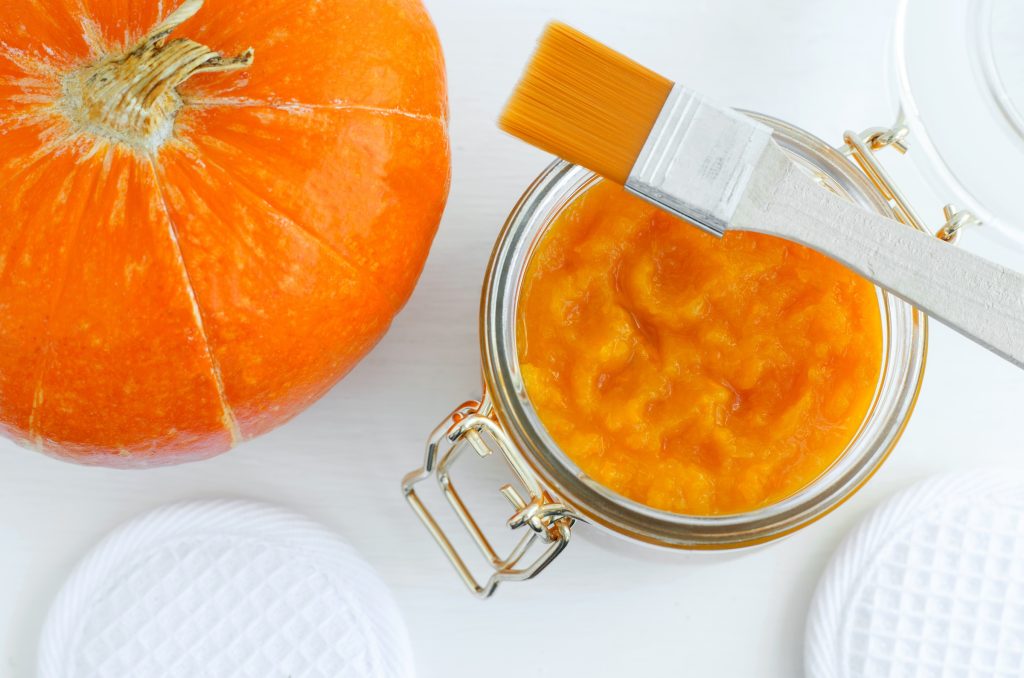
Shopping for skin care can feel like decoding hieroglyphics, but finding enzymes in the ingredient list isn’t too tough. Look for names like papain, bromelain, pumpkin, actinidin, and protease.
But if you want to make your life even easier, you can scan products with OnSkin to check out the ingredient list and see if enzymes are in there.
Remember, just like your favorite coffee order, skin care is personal. What works for your bestie might not be ideal for you, so always patch test first and listen to your skin. The benefits of enzymes on skin are real, and once you find the right product for your face or body, you’ll never look back!
Diverse Forms of Enzyme Products
The world of enzymes for face is vast and diverse, you’ll find them in exfoliants like masks, cleansers, or peels:
- Enzyme cleansers are perfect for daily use. They can exfoliate gently without leaving your skin feeling stripped.
- Enzyme masks are typically left on for 10-15 minutes and then washed off, giving your skin an immediate glow and smoother texture.
- Exfoliating powders are water-activated exfoliants. Once mixed with water, they turn into a gentle foam that sloughs off dead skin and impurities without harsh scrubbing.
- Enzyme peels are more intensive workers and can be used occasionally—let’s say, weekly. Still, they are still far gentler than traditional chemical peels.
- Enzyme scrubs provide a more balanced approach to sloughing off dead cells compared to scrubs with physical exfoliants. Those last ones can sometimes be too harsh.
How to Use Enzymes Properly
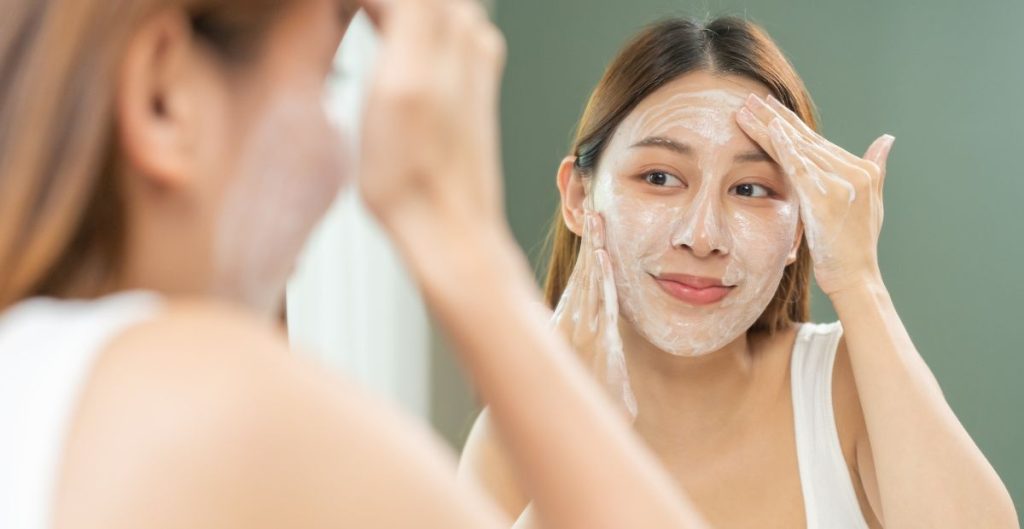
So, how do you introduce enzymes in skin care without going overboard?
Well, like with all exfoliants, less is more. Start by using an enzyme product like a mask or cleanser 1-2 times a week. You don’t want to over-exfoliate—that’s a fast track to irritation. Apply it to clean, dry skin and leave it on for the recommended time (usually 10-15 minutes for masks). Always follow up with a good moisturizer and, of course, sunscreen.
If you’re using other active ingredients like acids or retinoids, be mindful of how often you exfoliate.
You can pair enzymes with hydrating ingredients like hyaluronic acid or soothing ones like niacinamide. But avoid layering them with strong acids on the same day, especially if you have sensitive skin.
And don’t forget to store enzyme products in a cool place; heat can deactivate them.
The Final Polish
If you haven’t yet added skin enzymes to your routine, it’s definitely worth considering. They offer gentle but effective exfoliation, suit almost all skin types, and make your entire skincare routine work harder. Whether you’re dealing with acne, dullness, or just looking for a smoother complexion, enzymes for skin problems can help you get there.
FAQ
-
Where do I start with OnSkin?
Download the app and think of a product you’d like to know more about. Then, go to the main screen and choose how you’d like to get the info —by manually looking it up in the search bar, by scanning its barcode, or by simply taking a picture of the packaging. Once you’ve done any of these, you can see how safe the product is and if it suits your skin or hair (if this analysis is available).
-
What is Safety Rating, and how is it calculated?
In OnSkin, we base product rates on ingredients. Each is closely studied by our medical team and then evaluated. This way, each product gets a score from 0 to 100, with 100 as the safest level.
Safety Levels
- Excellent (76–100)
- Good (51–75)
- Not great (26–50)
- Bad (0–25)
These scores are backed by the latest scientific studies. You can find links to the resources we’ve used on each ingredient page. To assess the safety of product ingredients, we evaluate them according to the following parameters/criteria
- Endocrine disruption risk / Reproductive toxicity
Indicates the probability of mimicking, blocking, or interfering with the body hormones.
- Сarcinogenicity
Measures the potential risk of inducing cancer.
- Allergy risk
Estimates the probability of an allergic reaction.
- High concentration alert
Determines the risk of being unsafe in certain amounts.
-
What is Skin Match?
Based on the info you input about your skin type, age, skin care goal, and other “settings,” OnSkin checks how well a product is tailored to your unique skin needs — it’s basically like a dermatologist helping you find the right products, minus the fees and the long wait. The product you’re checking might be labeled as It’s a match!, Hit-or-miss, or Not a match for you. The app also detects ingredient groups such as Anti-acne, Anti-inflammatory, Moisturizes, May be drying, Comedogenic, and others — by tapping one, you see exactly what ingredients from this or that group are in the product.
-
I seem to have a problem with using the app. Who should I contact?
Please reach out to us at [email protected], and we’ll carefully look into your issue. Your ideas for improving the app are also very welcome!
-
Do you have an Android version?
Not yet! Hey Android users, we hear you, and we're thinking about making an Android version, but we haven't started the development yet.
Tracker Sent!
It’s on the way to your inbox.




